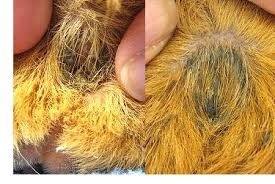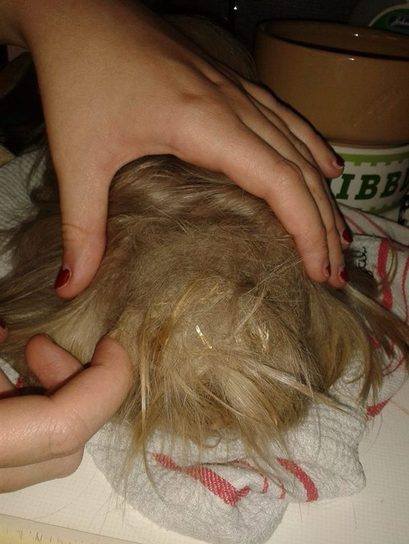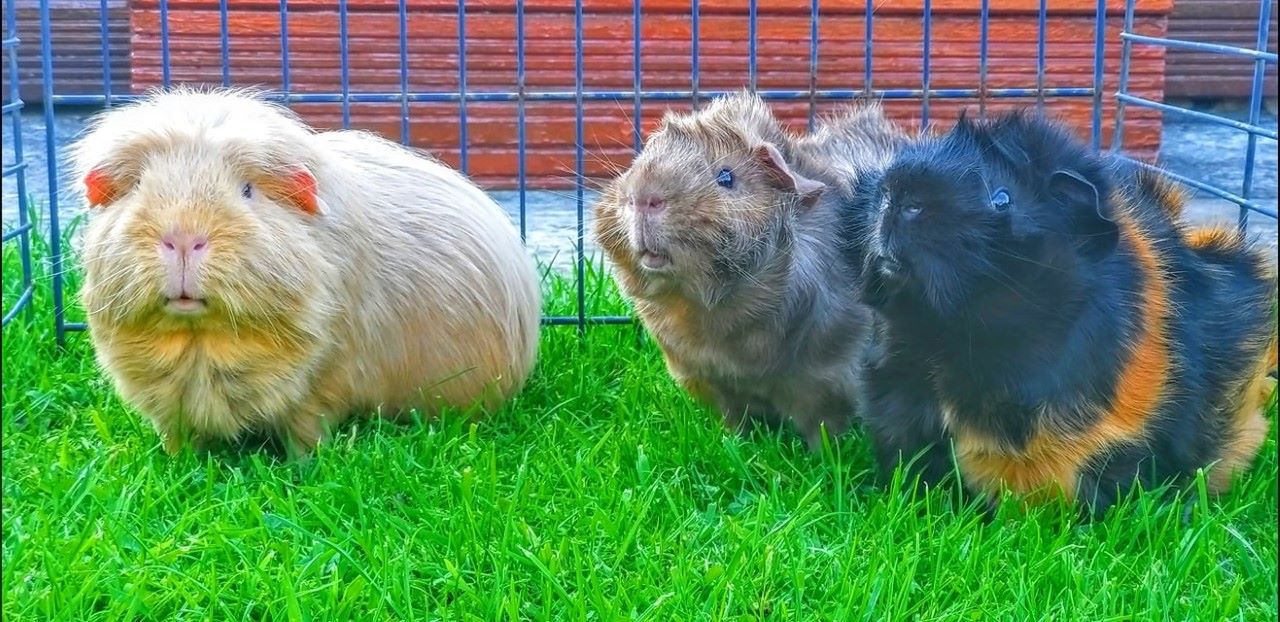Boar Health,Bonding,Behaviour and Neutering Advice
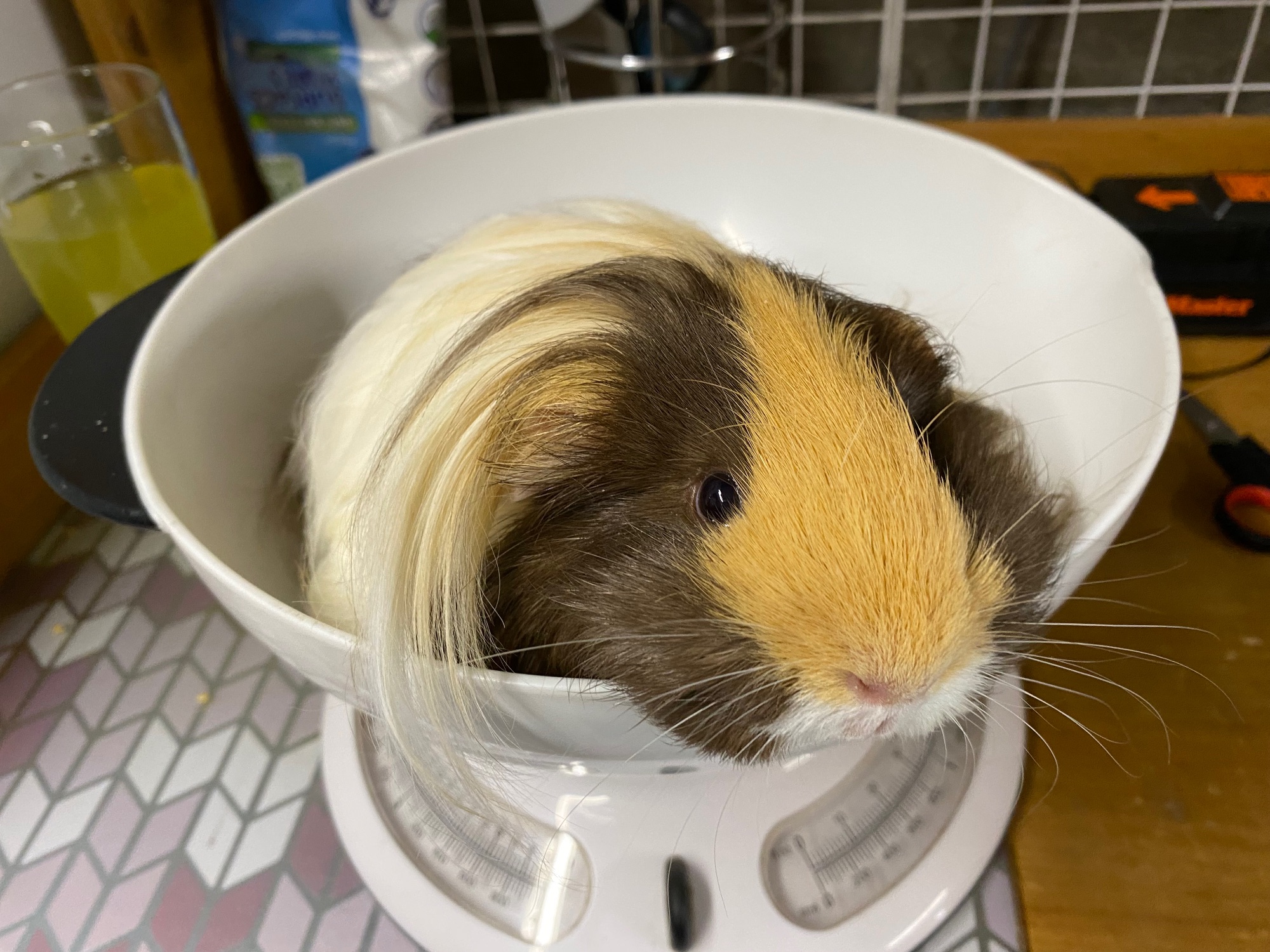
Boar bonding / behaviour advice:
1:Boars age 5 months to 15 months:
Baby companions: GOLDEN RULES
Never believe a pet shop or retailer who tells you any guinea pig has to live alone.
Never buy a pair of baby boars to go with a single boar, it may seem cute whilst they are small but believe me when i say, it will very likely end in tears and injuries.
If you have an elderly boar and decide to pair with a baby boar then have your teenager neutered at 5 to 6 months ,that way when your older boar passes you can get your little teenager a sow companion and avoid boar bonding.
Guinea Pigs of all age's will take to a baby guinea pig (5 to 8 weeks of age is ideal) and its often the easiest and quickest way to pick up a bereaved depressed guinea pig but do seek advice first from a reputable rescue to see if this is a good choice for your boar, age can be a factor in a developing a long term friendship.
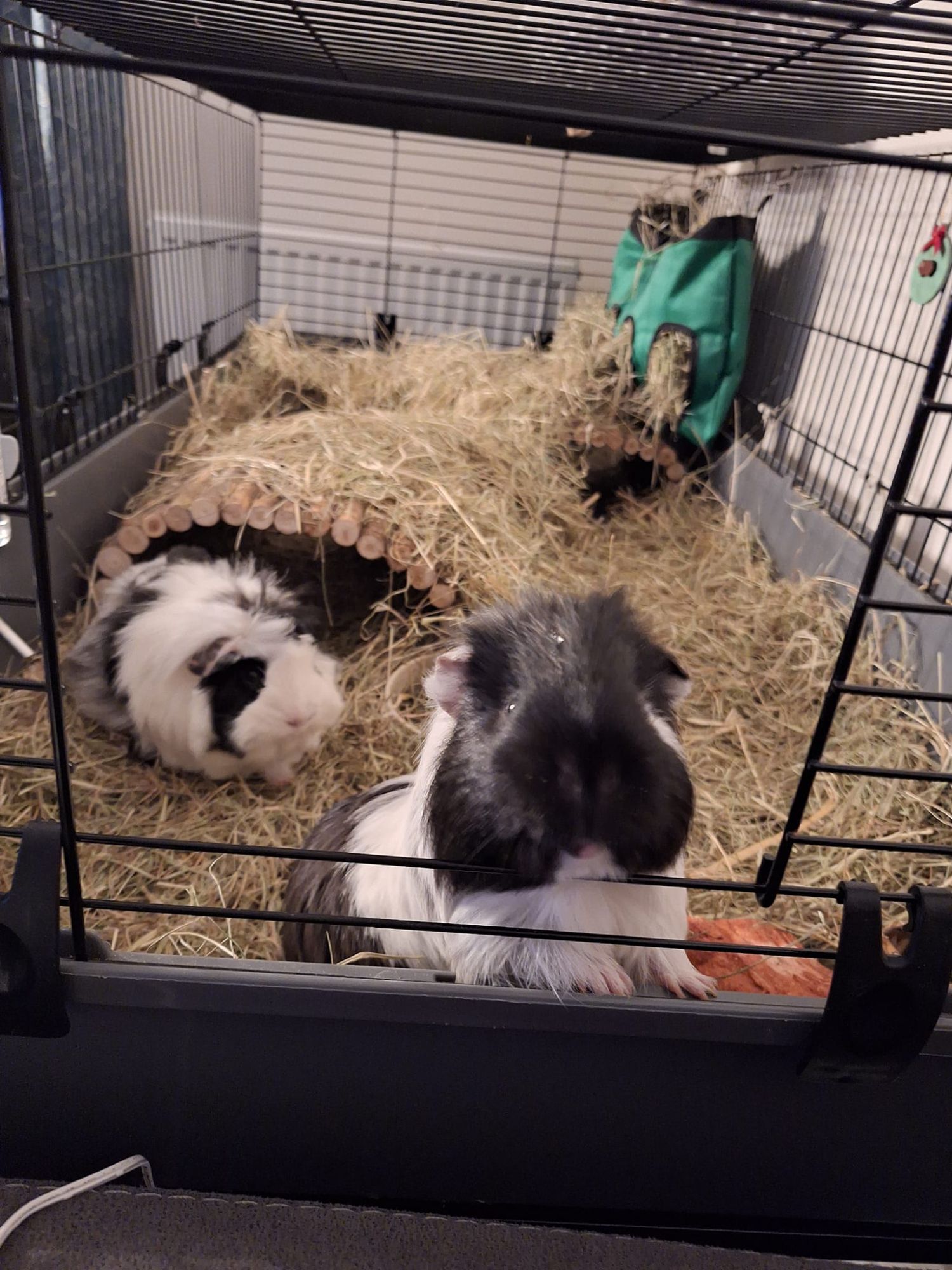
"Hello i bought a trio of baby boars 3 months ago and they have started to fight,in fact i think one is being bullied" Our most popular email or call !!!
It all ends in tears every time breeders or large retail pet stores sell a trio of baby boars !!
It can cause you a big problem !!!
Two`s company,3 is definately a crowd as far as most boars are concerned.
New owners, please do not be tempted by a trio of cute little babies, as soon as they hit 5 months they will all be fighting for dominance and 3 really makes this extra difficult for 3 already hormonal teenagers.
Just stick to 2 and give those a chance of happiness together.

Lets start with the journey the vast majority of "large" retail pet store baby Guinea Pigs make,before they arrive in your home !!
Mostly sourced from large scale breeding farms at around 8 weeks, packed into transport vehicles(mixed sex babies),transported to stores where they are sexed and placed in large group pens.They remain there for up to the age of 12 weeks,if unsold they are returned and the process starts again.Lets face it its not the nicest of experiences for them, its probably quite frightening.
Potential owners then come along choose a pair at random and take away.
Do you get the picture ??
You get your lovely new pair home, your all excited and ready to cuddle and your boars are really not interested straight away,they will need time to get to know each other as well as their new owners !
You need to give them space and at least 2 to 3 weeks to settle in and sort out hierarchy.
I get so many calls off upset owners distressed over the behaviour of 3 - 4 month old boars and its such a shame you were not given the advice you REALLY needed in store.
Having had this start in life do you now understand why they need time to settle and sort out who is boss ??
Boars are amazing i love them, the vast majority will get through the normal teenage phase with just odd fall outs,so please dont despair just share their journey and support them as they grow.
Changes to look for in teenage boars usual behaviour.
Normal Dominance/Getting-To-Know-You Behaviour: These types of behaviour can include: Bottom wiggling, raised fur or hackles, hip swaying Purring or quiet/low rumbling whilst doing the above or sometimes without the movement "Nose offs" - not necessarily aggressive, it's just like teens squaring off to each other and swaggering a bit Bottom sniffing and cheek to cheek rubbing - scent glands are situated in these areas, so these will be popular! Dragging the bottom along the ground (a bit like territory marking) Mounting (from all angles - head, side and rear!) and chasing or chasing and mounting combined Mild teeth chattering (fairly quiet chattering, almost like they are munching loudly on dry food or hay just with a bit more volume, but NOT the loud clatter for aggression, see below)
Warnings / Getting irritated and more serious: If one or more pigs are snorting, (a bit like a quiet sneeze or a puff can mean extreme irritation), stressed squeaking with increased volume, head bobbing nose offs accompanied with very loud teeth chattering and slight raising up on back legs, yawning to show the teeth and/or giving narky little nips, kicking out and/or wee squirting, then I would be watching very carefully and get ready to distract them as they could be about to have a fight.
Serious aggression/fighting: If the above events do not calm down fairly quickly, this can escalate into the pigs lunging or pouncing at each other, loud rumbling, obviously vicious bites rather than nips, a concentrated mixture of most of the above warnings (snorting, obvious rearing up on their haunches as if rearing up to fight, raised hackles, loud rumbling, yawning and loud teeth clacking - this noise is unmistakeable), and will likely result in pigs causing serious damage to each other - the pigs will have to be separated immediately. Never put in your bare hands to separate, always have a towel handy to throw over them as those pigs will not realise or care that your hands are getting in front of their teeth and can result in really nasty bites.
Other tips to help with teenage tantrums ??
Mites and illness can cause grumpy behaviour so ensure your Guinea Pig is healthy before worrying about behaviour problems. Loads of space, as much as you can spare.
Two of everything - including food bowls, water bottles.
Food in separate areas of the cage at feeding time.
Remove hiding places and houses, cage can look boring but you are removing items they could be territorial about.Thats the key issue.
Try not to move them around too much, moving from cage to pen and cuddles can evoke squabbles.If they are going through an upset then keep movement and cuddles to a minimum.
Bathing can often help, but make sure you use the same shampoo for both pigs !!
If you have sows, try and keep them a distance from the boars if you think it may be this that is causing the problem - if the sows are in a completely different area, try and handle the boars first before the girls as the smell of sows on hands, clothes, items or faces can set them off too.
Hay is often a good distractor as well.
If they are still squabbling and looking like they are really getting on each other's nerves, try a trial separation with a mesh divider - quite often an hours "time out" can really help them calm down, but try not to leave it too long before you try them together again. Of course, sometimes they may just not be able to get along and simply don't like each other !
Sadly, there is little that can be done about this, and if they look constantly stressed even if they are not seriously fighting you will need to consider separation and alternative companions.
FACT The vast majority of boar pairs dont have any issues and stay together through teenage tantrums.
All single boars under 15mths have behaviour assessment on arrival,to help us make the right decision for them.
Boars 18mths to 3 years
By 18 months the vast majority of boars hormones have settled down and they show clear evidence of submissive or dominant behaviour,then its just a case of dating to see who they get on with, a baby boar is also still a good option. When your baby becomes a teenager,older boars are less likely to take notice of his antics !! and let him know who is boss without aggression.
Reputable rescues will offer Guinea Pig dating and can assess your boar and advise you accordingly. Boars age 3 years plus tend to accept a friend without dominance being a big issue.We have frequently paired 3 year olds with 2 year olds.
I always suggest to owners that when a new baby boar companion is around 5 months and in good health have him neutered,that way when his elderly friend passes away you can pair him with a sow,rather than going through the whole boar dating experience again.
Elderly Boar Guinea Pigs age 4 plus
Are a total joy and just want to eat and cuddle up to each other !! Tend to accept a companion quite easily,there can be the normal dominance but its very laid back.
Did this article help you ???? Please let us know xx
Adult Boar Genital hygiene
Dont forget you need to check your boars penis is clean they can get hay and shavings stuck in the foreskin.
Gently retract by pressing gently by base of penis and clean with baby wipes.
White sebum around the penis is normal but should not be offensive or smelly.
If this has a gritty texture this is a sign of calcium deposits which,can be a precurser to bladder stones.Some boars who have had little genital hygiene can be found to have hard calcium deposits around the penis,this can occlude urine output and cause bladder infections.
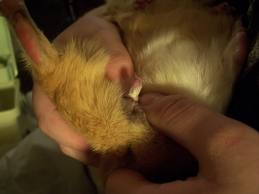
Occasionally poorly boars can get thrush infections on the foreskin. This can present as a white discharge, so make sure you do genital checks as part of your regular routine.If you have any concerns see your vet.
Some boars can be prone to rectal impaction you will find a bulge in their rectum which is a collection of faeces.Gently press around the anus and the poop clump (best description) should gently come out,this is quite smelly !!This can compose of shavings,hair and poops.This sounds awful but the boar will often gladly eat this as it also contains the caecotrophs which is the type of poops that Guinea Pigs eat as part of their digestive process.
http://www.guinealynx.info/impaction.html
This is an excellent link to a great article all about Boar genital hygiene.
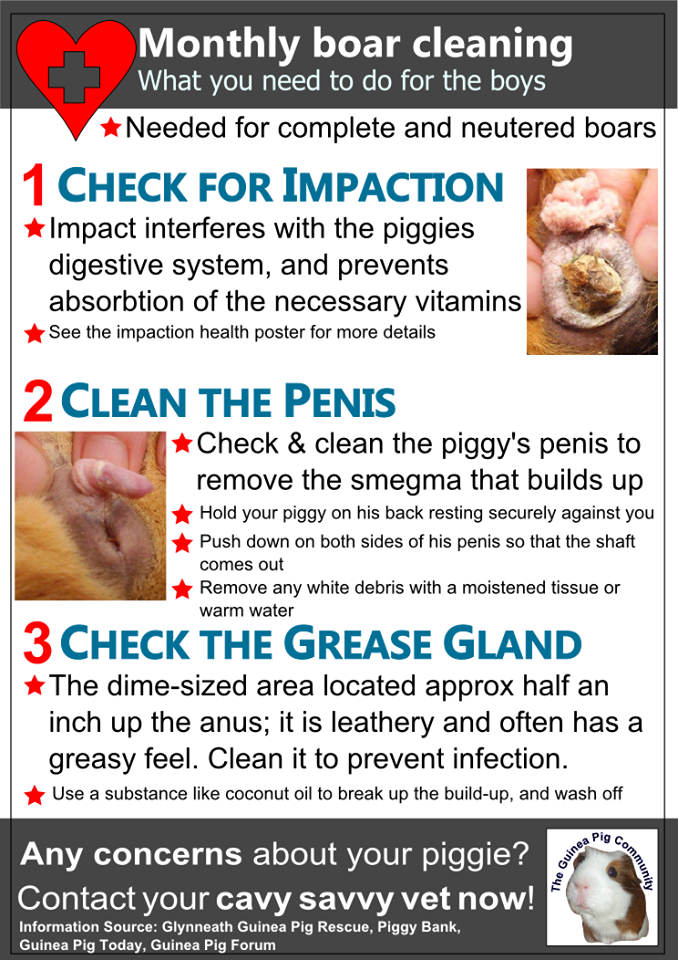
Neutering / Spaying
Its vital for all surgery you use an experienced accredited small animal vet practice.
At the rescue all single boars who arrive aged 6 months to 12 months are neutered.
Neutering a boar will not affect his sex drive, never neuter in response to behaviour issues,only neuter if you want him to have a sow companion or if its for medical reasons.
Any anaesthetic carries a risk but in the hands of a competent small animal vet this should be minimal.We have had many boars neutered with no issues, and occasional post operative problems have been dealt with safely.
Boars can sustain life threatening injuries from fighting so please just weigh up the risks,thats what we do with all potential neutering cases.
Immediate post op care
Try and plan surgery so you have time at home with them after collection - 24 hours is a good guide.
I house my post surgery boars on puppy pads / newspaper and hay for at least the first 7 days to avoid shavings irritating wounds.
Boars usually come home in the afternoon after their surgery, they all recover differently some seem as if nothing has been done and eat straight away others are quiet and sleepy for the rest of the day. Use a covered heat pad to keep him warm.
Check during the evening and if he is still very quiet offer him some syringed water and liquid nuggets.
Its vital to keep a Guinea Pigs digestive system active to avoid gastric stasis.
1:Observe if your boar is eating and drinking:
By the next morning ensure your boar has taken food and fluids, if he has shown no evidence of eating /drinking then syringe water and mushed nuggets and put his favourite veg in to encourage feeding. Don't hesitate to call your vet practice for advice.
Place a heat pad in his hutch covered in a towel he will appreciate a warm spot to rest on. Just reassure him with kind words and let him rest. If your vet prescribes any medication ensure you complete the course. Most patients will eat overnight following surgery so check for poops.
2:Wound care:
Check the wound visually daily, wound closure can vary from vet to vet, most now opt for internal sutures and glue to the external edges occasionally boars can develop a small infection at the wound site or nibble !! so its important to check. If sutures have been used they are usually absorbable and will fall out in around 10 days time but your vet will give you post op instructions on what your Guinea Pig has had.
Keep the wound dry and if you need to touch wash your hands first and wear gloves to help protect wound from infection.
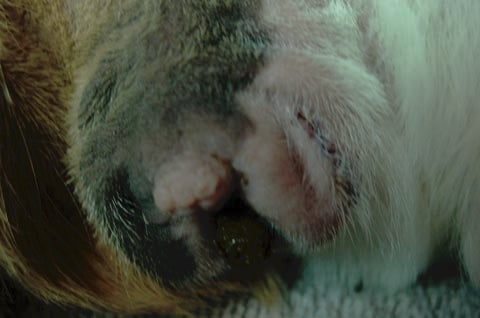
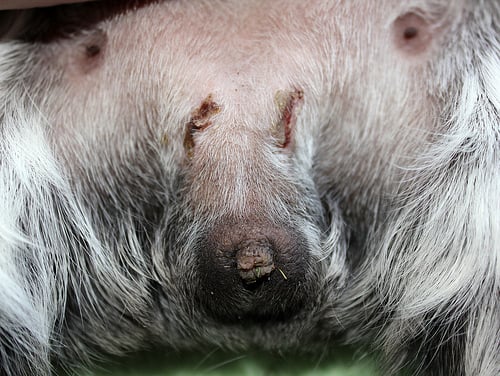
He will need metacam (anti-inflammatory) for a few days for post op pain relief, just like a human would !!
See your vet if you notice any redness, swelling or the wound feels hot.
You will need to wait for 6 weeks post op before introducing your boar to a sow companion.
Please contact us if you need any advice.
Did you find this article useful ? Please let us know.
Grease spots
On guinea pigs rumps you can find a greasy spot at the base of the spine.This is the grease gland which, guinea pigs use to scent mark. Sows can have them, but it does tend to be boars who get greasy.
Its easily removed when bathing your guinea pig just apply a blob of Swarfega...yes swarfega... and leave for about 10 minutes. A little veggie snack tends to be a good distraction then bath your piggy gently rubbing the affected area you may notice greasy hair being removed too it will grow back. We often have neglected guinea pigs to deal with and are use to removing quite dense areas of grease.
